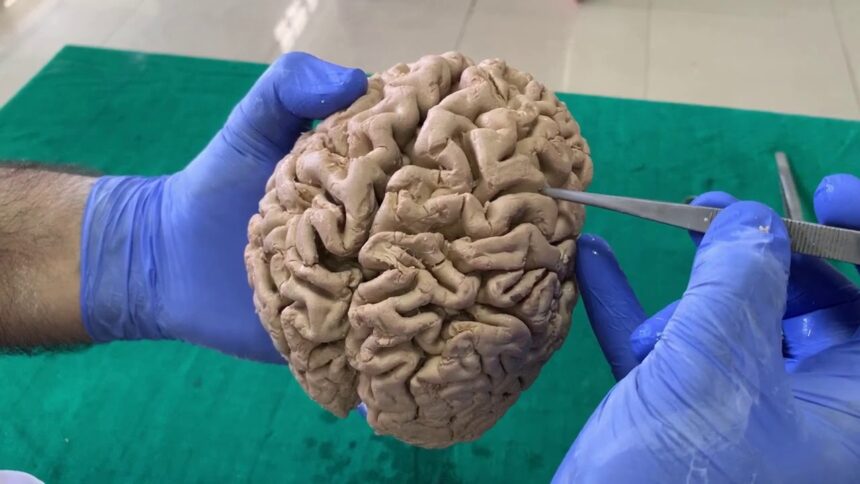A new study by researchers at the University of California, San Diego has established a cause for excessive folding of gyri in the human brain.
Humans are known to possess among the most wrinkly of brains and the new research published in PNAS explores why.
“In some humans, however, excess folding of the cerebral cortex is associated not with greater cognitive abilities, but the opposite and linked to neurodevelopmental delay, intellectual disability and epileptic seizures. The genes controlling this folding are mostly unknown,” according to a news release of the study.
For the study, researchers initiated a genomic analysis of close to 10,000 families with pediatric brain disease over a span of ten years.
Four families in specific were found to have a condition called polymicrogyria and mutations in a gene known as Transmembrane Protein 161B (TMEM161B).
“Once we identified TMEM161B as the cause, we set out to understand how excessive folding occurs. We discovered the protein controls the cellular skeleton and polarity, and these control folding,” said the study’s first author in a news release.
“It was interesting that the gene first appeared in evolution in sponges, which don’t even have a brain, so clearly the protein must have other functions. Here we found a critical role in regulating the number of folds in the human brain.”


